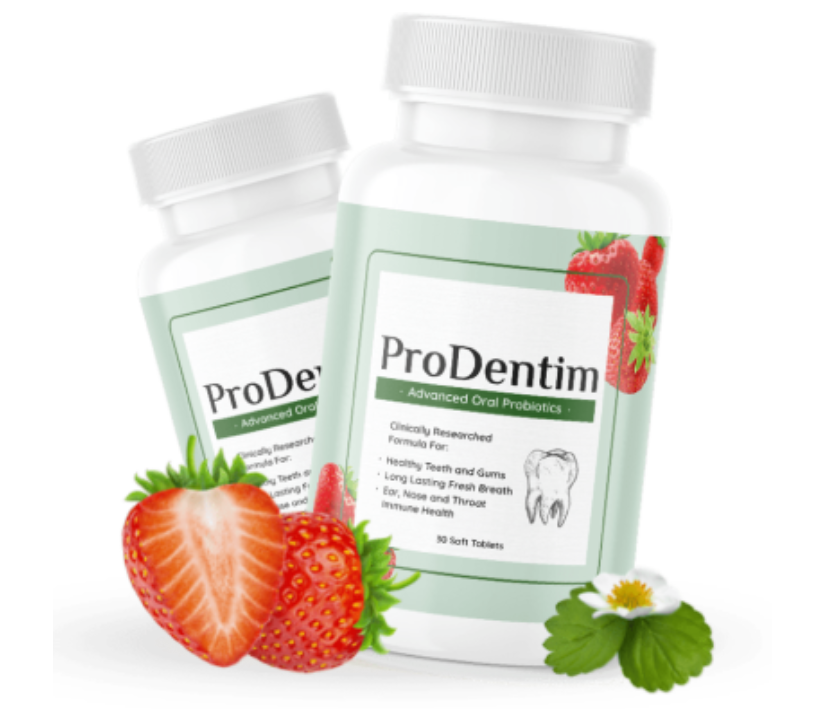Introducing oral health vitamins, essential nutrients that play a crucial role in maintaining a healthy smile. While oral hygiene practices such as brushing and flossing are essential, incorporating vitamins into your diet can provide additional support for your oral health. In this article, we'll explore the importance of oral health vitamins, key vitamins for oral health, sources of these vitamins, and how they contribute to maintaining optimal oral health.
Common Oral Health Concerns
Oral health encompasses various aspects, including tooth health, gum health, and overall oral hygiene. Common oral health concerns such as tooth decay, gum disease, and oral infections can impact overall well-being if left untreated. Incorporating vitamins into your diet can help address these concerns and promote a healthier smile.
Key Vitamins for Oral Health
Several vitamins play a vital role in supporting oral health and maintaining a healthy mouth. Vitamin C is essential for collagen synthesis and gum tissue health. Vitamin D supports calcium absorption, which is crucial for tooth and bone health. Vitamin K2 helps regulate calcium metabolism and prevents calcification in the arteries and soft tissues. B vitamins, particularly B2 (riboflavin) and B3 (niacin), contribute to oral tissue repair and maintenance. Vitamin A is important for mucosal health and immune function.
Food Sources of Oral Health Vitamins
A balanced diet rich in fruits, vegetables, dairy products, lean meats, fatty fish, nuts, and seeds provides ample vitamins necessary for oral health. Citrus fruits, strawberries, bell peppers, broccoli, and kiwi are excellent sources of vitamin C. Fatty fish such as salmon and tuna, dairy products like milk and cheese, and fortified foods provide vitamin D. Leafy greens, fermented foods, and animal products contain vitamin K2. B vitamins are found in whole grains, nuts, seeds, and meat, while vitamin A is abundant in liver, sweet potatoes, carrots, and leafy greens.
Benefits of Oral Health Vitamins
Incorporating oral health vitamins into your diet offers numerous benefits for your oral health. These vitamins help strengthen tooth enamel, support gum health, boost immune function, and promote tissue repair. By addressing nutrient deficiencies and supporting optimal oral health, oral health vitamins contribute to a healthier and more resilient smile.
Supplementation with Oral Health Vitamins
While a balanced diet should provide most of the vitamins necessary for oral health, supplementation may be beneficial for individuals with specific dietary restrictions or medical conditions. When considering supplementation, it's essential to consult with a healthcare professional to determine the appropriate dosage and ensure safety. Additionally, be mindful of potential interactions with medications and any allergies or sensitivities to certain ingredients.
Incorporating Oral Health Vitamins into Your Diet
Incorporating oral health vitamins into your diet is simple and convenient. Focus on consuming a variety of nutrient-rich foods to ensure adequate intake of vitamins necessary for oral health. Meal planning and preparation can help you incorporate a diverse range of foods into your diet to meet your nutritional needs. Additionally, prioritize regular dental check-ups and cleanings to maintain optimal oral health and address any concerns promptly.
Precautions and Considerations
While oral health vitamins offer numerous benefits, it's essential to be mindful of potential precautions and considerations. Individuals with allergies or sensitivities should carefully review food labels and consult with a healthcare professional if necessary. Additionally, consider any potential interactions with medications and seek guidance from a healthcare provider before starting any new supplements.
FAQs About Oral Health Vitamins
Can oral health vitamins reverse tooth decay?
While oral health vitamins can support oral health and help prevent tooth decay, they cannot reverse existing tooth decay. However, they may contribute to overall oral health and promote enamel remineralization when used as part of a comprehensive oral care routine.
Are there any side effects of taking oral health vitamins?
Side effects of oral health vitamins are rare but may include digestive discomfort or allergic reactions in some individuals. It's essential to discontinue use and consult with a healthcare professional if adverse reactions occur.
How long does it take to see results from oral health vitamins?
The timeline for seeing results from ProDentim oral health vitamins can vary depending on individual factors such as diet, oral hygiene habits, and the specific vitamins being consumed. Consistency is key, and improvements may be observed over time with regular intake of vitamins as part of a balanced diet.
Are oral health vitamins safe for children?
Oral health vitamins obtained from a balanced diet are generally safe for children. However, it's essential to monitor their intake and consult with a pediatrician or healthcare professional if considering supplementation, especially in cases of dietary restrictions or medical conditions.
Can oral health vitamins replace regular dental check-ups?
Oral health vitamins are not a substitute for regular dental check-ups and professional cleanings. While these vitamins can complement proper oral hygiene practices, regular dental visits are essential for monitoring oral health, addressing any concerns, and receiving professional dental care.
Conclusion
In conclusion, oral health vitamins play a crucial role in maintaining a healthy smile and promoting overall oral health. By incorporating a variety of nutrient-rich foods into your diet, you can ensure adequate intake of vitamins necessary for optimal oral health. Additionally, supplementation may be beneficial for individuals with specific dietary needs or medical conditions, but it's essential to consult with a healthcare professional before starting any new supplements. With proper nutrition and regular dental care, you can enjoy a healthier and more resilient smile for years to come.
More article ProDentim oral care formula

